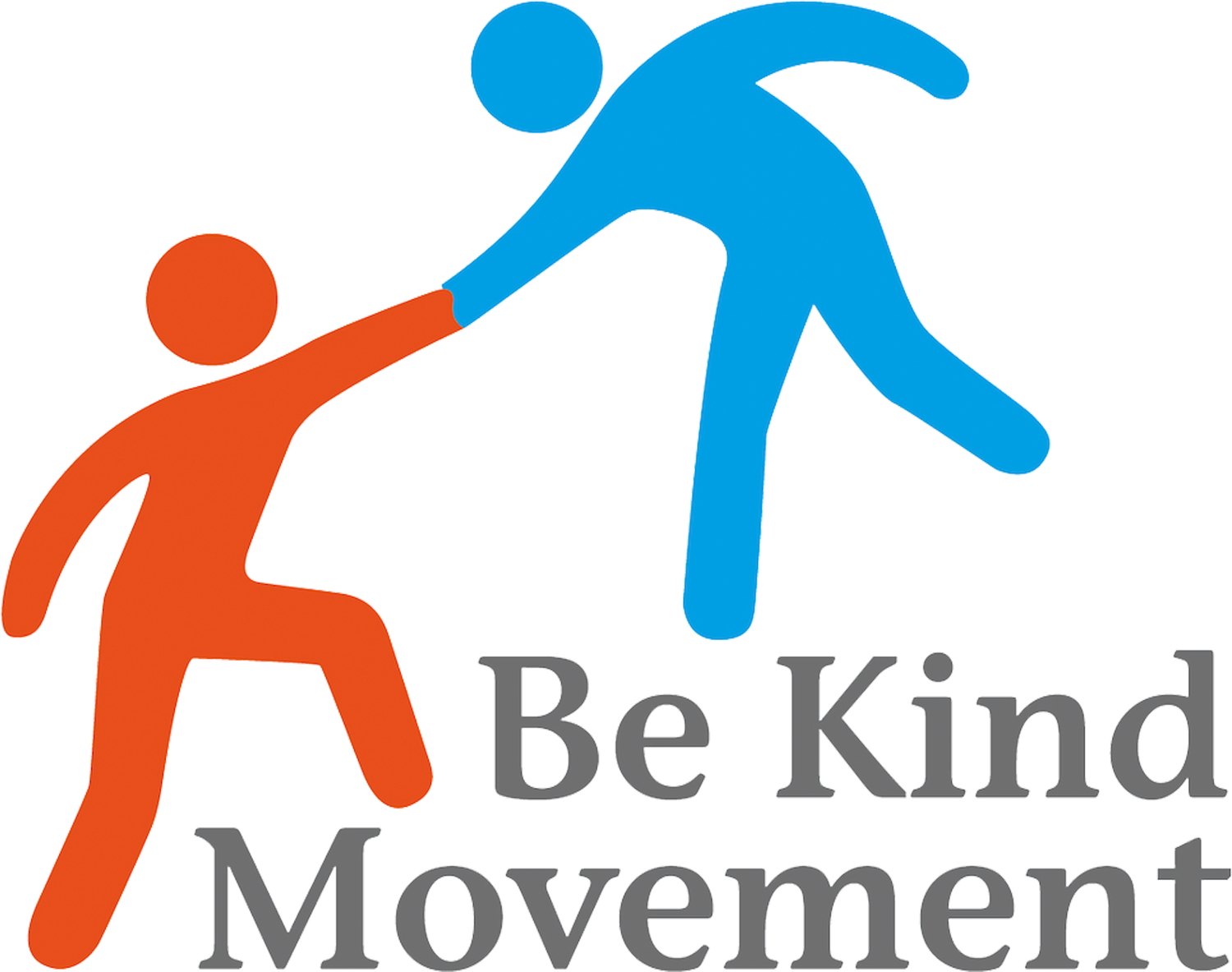Grievance Policy
Introduction
The aim of Grievance Policy is to settle grievances or complaints fairly, quickly and in a simplified manner. Every effort will be made to resolve the issue at the earliest possible stage, and at each stage efforts will be made in order to avoid proceeding to the next stage, and to settle the issue amicably';
If an employee has a grievance with any other member of staff (including volunteers), and is unable to sort matters out informally, the matter should be referred to his or her line manager. You may be able to agree an informal solution between you;
If the problem is serious or remains unresolved or the staff member wishes to raise the matter formally, the employee can use the formal grievance procedure;
In the case of a grievance being taken out as a counter-grievance, or in response to the start of disciplinary action, it may be appropriate to deal with both issues at the same time. If appropriate, the disciplinary procedure may be temporarily suspended in order to deal with the grievance.
The Procedure
1. Raise the grievance in writing
The staff member should raise a grievance with their supervisor without unreasonable delay, normally within one month of the incident (or final incident) which gives rise to the complaint;
If the grievance is against the supervisor, the matter should be raised with a Trustee. In the case of the Trustee, the matter should be raised with the Chair of the Board of Trustees. Whoever deals with the grievance at the meeting, will normally be excluded from hearing any appeal;
The staff member must detail in writing the specific circumstance or circumstances which constitute the grievance, with dates, times, witnesses, etc. as applicable. The staff member should stick to the facts, and avoid insulting or abusive language.
2. Invitation to a grievance meeting
The supervisor will invite staff member to attend a meeting, without unavoidable delay to discuss the matter;
The supervisor will also state that the staff member is entitled to be accompanied by a work colleague at the meeting.
3. Grievance meeting
Where possible, a note-taker, who must be uninvolved in the case will take down a record of the proceedings;
The supervisor (or Trustee or Chair of the Board of Trustees as appropriate) will introduce the meeting, read out the grounds of the employee’s grievance, ask the staff member if they are correct and require the employee to provide clarification regarding details of the grievance if unclear;
The staff member will be given the opportunity to put forward her/his case and say how they would like to see it resolved. The staff member may call witnesses and refer to any documents previously provided to the supervisor (or Trustee or Chair);
The supervisor (or Chair) may question the staff member and any of the staff member’s witnesses. The staff member’s companion will be given the opportunity to sum up but may not introduce any new material;
The meeting may be adjourned by the supervisor (or Trustee or Chair) if it is considered necessary to undertake further investigation. Any necessary investigations will be carried out to establish the facts of the case;
The meeting will be reconvened as soon as possible;
Having considered the grievance, the supervisor (or Trustee or Chair) will give her/his decision regarding the case in writing to the staff member which will normally be within five (5) working days. If appropriate, the decision will set out what action the Charity intends to take to resolve the grievance or if the grievance is not upheld, will explain the reasons. This will also include notifying the staff member of her/his right of appeal and the procedure to be followed.
4. Appeal
If still unresolved, the staff member may refer the matter, in writing, to the Chair of the Board of Trustees, or if the Chair has already been involved in an earlier stage of the procedure, to the Co-Founder of the Board of Trustees;
The staff member wishing to appeal against a grievance decision, must do so in writing within five (5) working days of receiving written notification of the grievance decision, stating the reasons for the appeal. Any documents submitted in support of the appeal must be attached;
Arrangements for the appeal meeting will be made by the Chair (or the Co-Founder if appropriate) who will ensure that a note-taker is present, if possible. The appeal meeting should be held without unavoidable delay. Where possible, at least two members of the Board will constitute an Appeal Panel. The trustee or trustees hearing the appeal should, if at all possible, have had no direct involvement in the case;
The staff member is entitled to be accompanied by a trade union representative or work colleague at the appeal;
The meeting may be adjourned by the Appeal Panel or person hearing the appeal, if it is considered necessary to undertake further investigation. The meeting will be reconvened as soon as possible;
The decision of the Appeal Panel or person hearing the appeal shall be final.
